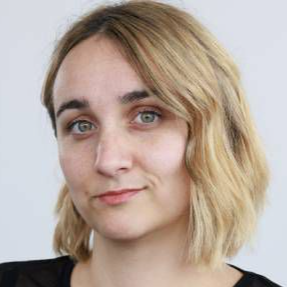Kochummen and Babu are both suffering from memory loss as well, often forgetting things from a day or two ago, or struggling to remember their home phone number, he said.
With concern rising around the long-term effects of the illness, the news that their treatment would not be covered has hit hard.
"We don't know the after-effects. Doctors can't predict what the after-effects of botulism are," Varghese said.
"They're trying to piece their life back together again - where to from here?
"Will it be life as it used to be? How much of their original life was left to pick up?"
Varghese claimed an ACC team leader attended a meeting with the family and other agencies, and said coverage would not be provided due to a section of legislation that says the ingestion of bacteria is not considered an accident unless it is the result of a criminal act.
It is the same piece of legislation that has been used to decline coverage for Havelock North residents that suffered from gastroenteritis after drinking water contaminated with campylobacter.
Read More: No ACC support for seven gastro claims disappoints applicants
"It's quite interesting that the Accident Compensation Corporation doesn't want to come to the party with that."
Varghese questioned how ACC could rule out treatment when tests had not yet come back to confirm what caused the illness.
He claimed the response was that the treatment given was for botulism, so the case was being treated as such.
The family would not be appealing the ACC decision because "they will keep coming back with legislation".
Varghese instead wanted to raise awareness about the rule.
"Policy-makers should look at this piece of legislation . . . the worst part is legislation is put into place by people that we common New Zealanders vote into power."
He said democracy was supposed to be for the people.
"Which part of this is for the people, I don't understand."
An ACC spokesman said he could not comment on the matter without a privacy waiver from the family.
ACC does not make decisions on treatment coverage until there is medical evidence as to the cause of the injury.
Varghese said the quick recovery of the family members was unexpected.
"The literature around botulism is quite sparse . . . it's a really good thing that they've come around. The big concern is: what are we in store for?"
Kochummen and Babu have two daughters, aged 7 and 1.
The 7-year-old, Abiya Babu, was "absolutely over the moon" to be able to talk to her parents again after they spent weeks unconscious.
Daniel, who was in the best state of the three having eaten the least amount of the infected meat, was desperate to get back home.
"It's very difficult for her because she only speaks her mother tongue and just can't wait to get out of the hospital."
The family moved to New Zealand from India about five years ago.
A Givealittle page has been set up for them.
